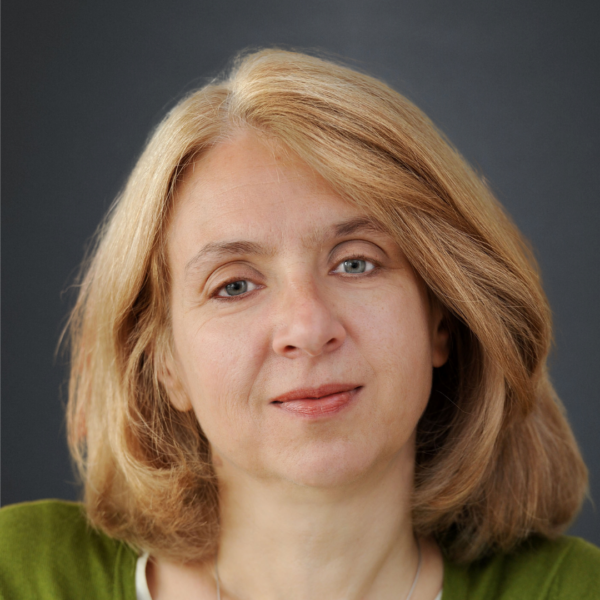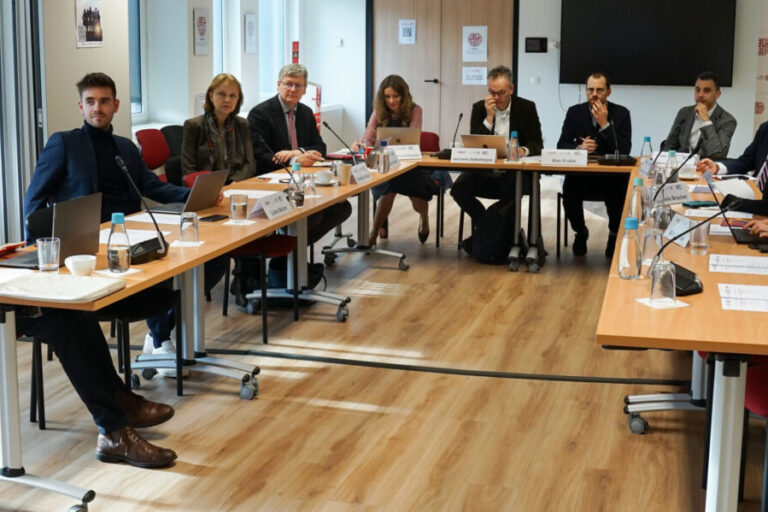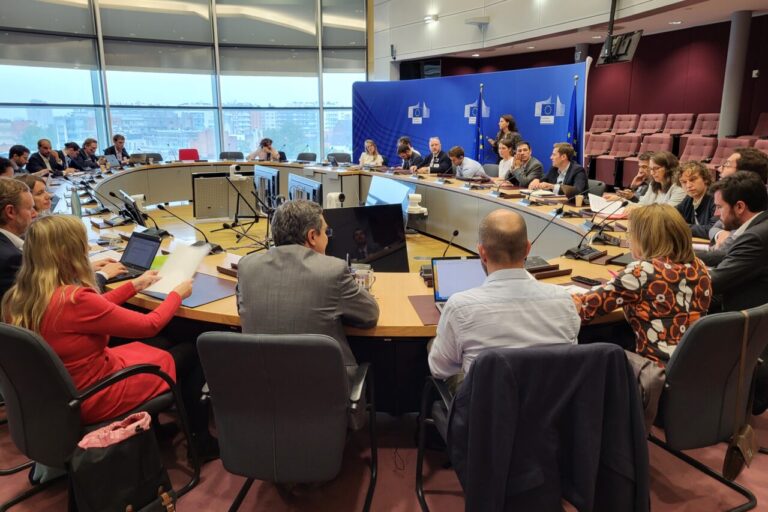For the first time, the German national daily “Frankfurter Allgemeine Zeitung” published an own ranking of the most influential female economists. Among the top seven are Maja Göpel and Anke Hassel, two women from our network.
Since 2013, the German national daily “Frankfurter Allgemeine Zeitung” (FAZ) has been publishing its annual ranking of the “most influential economists in Germany” – this year, however, it’s the first time that outstanding female economists will be honored with an own ranking. According to Patrick Bernau (FAZ), the simple reason is that for the first time “a sufficient number of women have qualified”. In the top 7 (out of a total of 34 female economists), Das Progressive Zentrum is represented twice:
Maja Göpel, Policy Fellow at Das Progressive Zentrum, Secretary General of the German Advisory Council on Global Change (WBGU), climate activist (“Scientists for Future”) and honorary professor at the Leuphana University in Lüneburg, ranks fifth.
Anke Hassel, member of the Scientific Advisory Council at Das Progressive Zentrum and Professor of Public Policy at the Hertie School of Governance, is ranked seventh. The ranking not only honors their outstanding work, but also their political, social and media-wide impact beyond the field of economics.
Measurable influence, measurable imbalance
According to the FAZ, the measurable influence of the economists, both in their scientific discipline as well as in politics and social media, is decisive for their placement. As Bernau says, “there has been a lively debate on Twitter among economists, politicians and their advisors, and journalists on economic issues, and those who are heard in this debate have an impact.” Thus every economist receives a score which includes, for example, the number of media appearances, the number of mentions in the political business and an individual “social media score”.
The fact that only 34 women are represented in a total of 250 leading economists is an expression of the real imbalance in German economics – and has long been discussed in the professional world.
Gender Gap also concerning the topics
But a gender gap, according to Bernau, can also be found in the issues that the economists are working on: “The women who appear in the ranking are rarely concerned with taxes or inequality, with economic growth, the automotive industry or the labour market. These are the issues that occupy many of the most influential men in the guild. In contrast,, women still gain more influence in economics with family or environmental issues. “
Which steps have been taken against the imbalance between the genders, who else was honored in the ranking and how the ranking was constructed in detail, describes Bernau under the following link.







